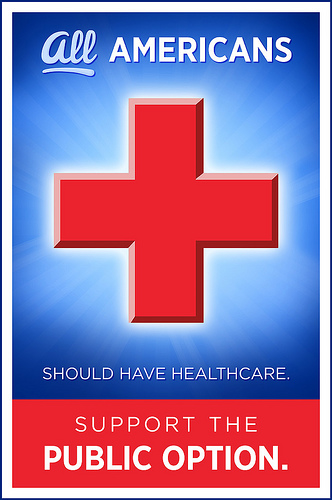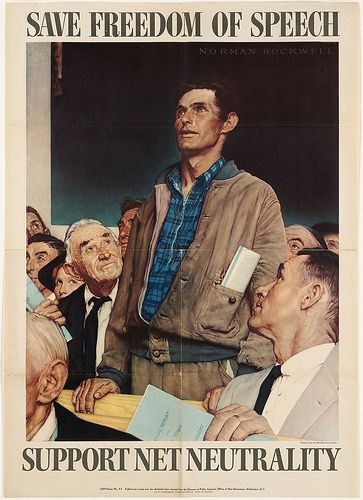Today’s release of the Republican Party’s principles for immigration reform brought no surprises. As Lakoff and Wehling have pointed out, extreme conservatives frame the issue as one about law enforcement.
If it’s a law-enforcement issue, only law-enforcement policies make sense in response. Even saying no to these policies unconsciously reinforces this definition of the issue.
Because the phrase illegal immigration comes from the law-enforcement frame, it’s very important that Framologists avoid it. Also off limits are alien, criminal and amnesty.
So how should Framologists think and speak about it? Let me count the ways:
- For Christians, they are our brothers and sisters in Christ. Many biblical figures, including Jesus, migrate to other lands, and the Bible is full of exhortations to be kind to strangers and foreigners.
- For the secular-minded, they are neighbors and fellow human beings far from home that need our protection. We should treat them as we would want to be treated in their situation.
- We can turn the law-enforcement frame around. Many American employers violate labor laws by hiring people that don’t yet have a legal right to work in the USA. They often pay less than minimum wage and expose workers to dangerous working and/or living conditions. Therefore, these are illegal employers, and their employees are victims who deserve justice.
- Many immigrants are fleeing poverty, disaster, and death caused in part by failed American policies–especially treaties like NAFTA and the Drug War. Therefore, they are economic refugees that need our protection. Because we value strength, caring, and wisdom, Americans change policy when it isn’t working and defend the dignity and human rights of everyone within our borders–no matter how they got here.
The illegal employer and economic refugee ideas derive from Lakoff, though I don’t remember the source. Do you?
How do you think Framologists should frame immigration?










